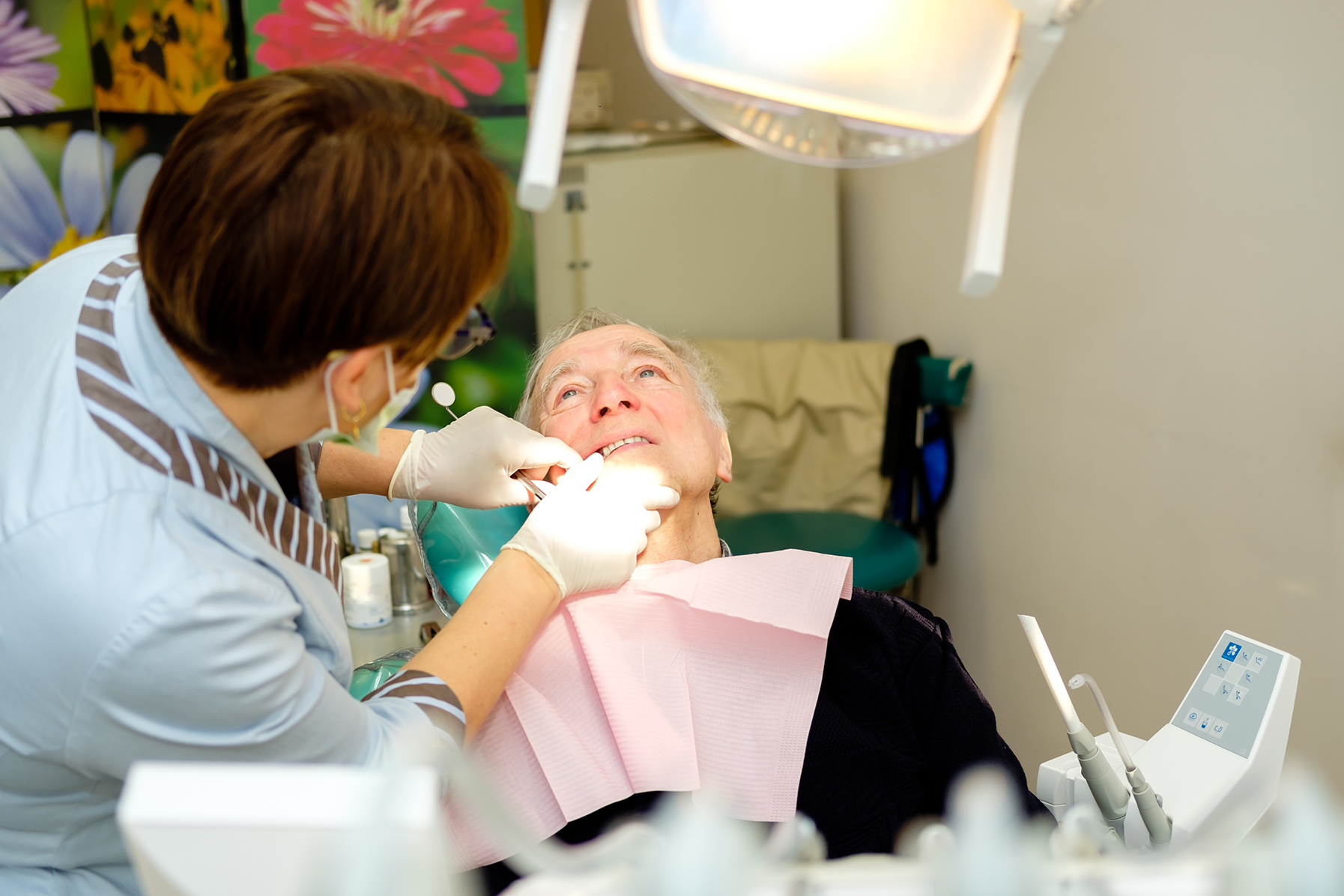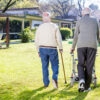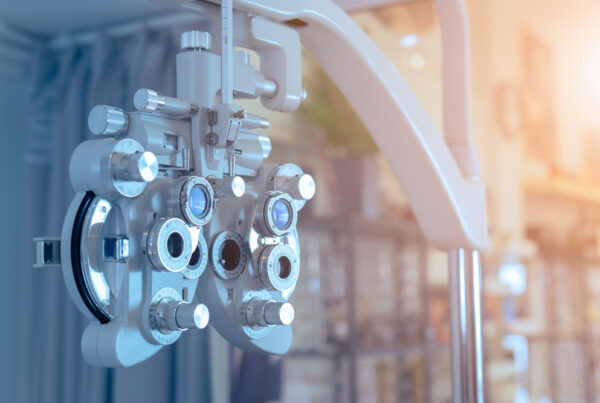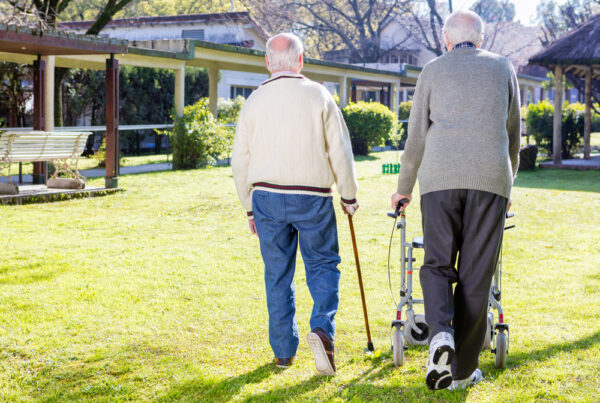High and often rampant levels of oral disease and conditions are evident in residents living in aged care facilities. Costly and disfiguring, oral disease results in poor nutrition and provides a portal for disease.
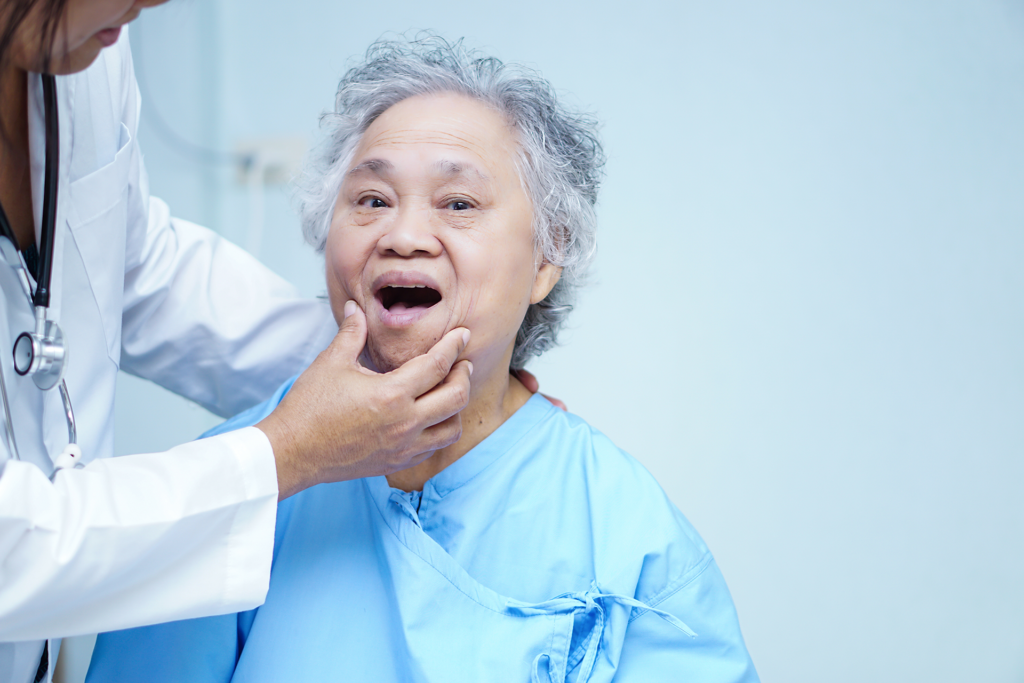
Continuing the Be Proud of Your Mouth theme, the World Oral Health Day 2023 (WOHD 2023) scheduled annually on the 20th March is an empowering call-to-action to people to take charge of their oral health, with the stress not on having a perfect mouth but a healthy one.
The three-year campaign, of which 2023 is the third and final instalment, has sought to inspire lasting and positive change by educating people on the vital role a healthy mouth plays in their lives, but for the ageing cohort with the highest requirement for regular dental care there still appears to be more barriers than solutions.
With more than 60 per cent of Australians aged over 75 suffering from gum disease and more than one in three having complete tooth loss, a shortage of sufficient oral healthcare for older Australians is having serious implications on their health and wellbeing.
Older individuals, particularly those in residential aged care facilities (RACF), experience the poorest oral health in Australia, with 21.8 per cent of people aged over 65 years having untreated dental decay and 53.4 per cent with periodontal disease (gum disease).
This high prevalence of poor oral health is concerning due its associated links with coronary heart disease, cognitive decline, malnutrition, diabetes and respiratory conditions such as aspiration pneumonia. Furthermore, poor oral health plays a significant role in diminished quality of life, appearance, self‐esteem and confidence of older people.
Currently health assessments done by GPs for the over 75s entering residential care don’t include dental health. Less than half (48%) of residents in NSW RACFs had a dental assessment on admission and 74.2 per cent of facilities do not have regular visits by dentists.
Indeed, many older people enter aged care with poor oral health because they only go to the dentist when they are in pain, or they have reduced manual dexterity (failure to brush twice a day) due to arthritis or perhaps dementia is a contributing factor.
Unfortunately, while most RACF staff have an awareness of the importance of oral health for residents, there is consensus about the significant challenges in the current system that affect the implementation of improved oral health training and practice guidelines. There are suggestions that high staff turnover, time constraints, difficulties in accessing dental services and working together with residents, their families and external staff are all barriers to providing effective oral health care.
So, what does this mean for ageing mouths?
In 2021 the Royal Commission into Aged Care Quality and Safety concluded that ‘insufficient attention to oral health has led to widespread malnutrition, excruciating dental and other pain, and secondary conditions among the raft of glaring issues brought to its attention.
The almost non-existent provision of oral care for those in aged care coupled with long waiting lists in public dental system and poor value for money for private health insurance cover for dental work, means Australia has a perfect storm for rotten dental health among this cohort.
And this is only going to get more pressing with Aussies living longer. Between now and 2050 the number of Australians aged 65 to 84 years is expected to more than double, while the number of Australians aged 85 years and over is expected to more than quadruple to 1,8 million by 2050.
The Royal Commission inquiry put into sharp focus the urgent need to address how the health needs of senior citizens are addressed, whether independent or no longer living at home, and in its Aged Care Commission submission, peak industry body, Australian Dental Association (ADA) proposed a national funding model – the Seniors Dental Benefits Schedule (SDBS) to make dentistry accessible to older Australians.
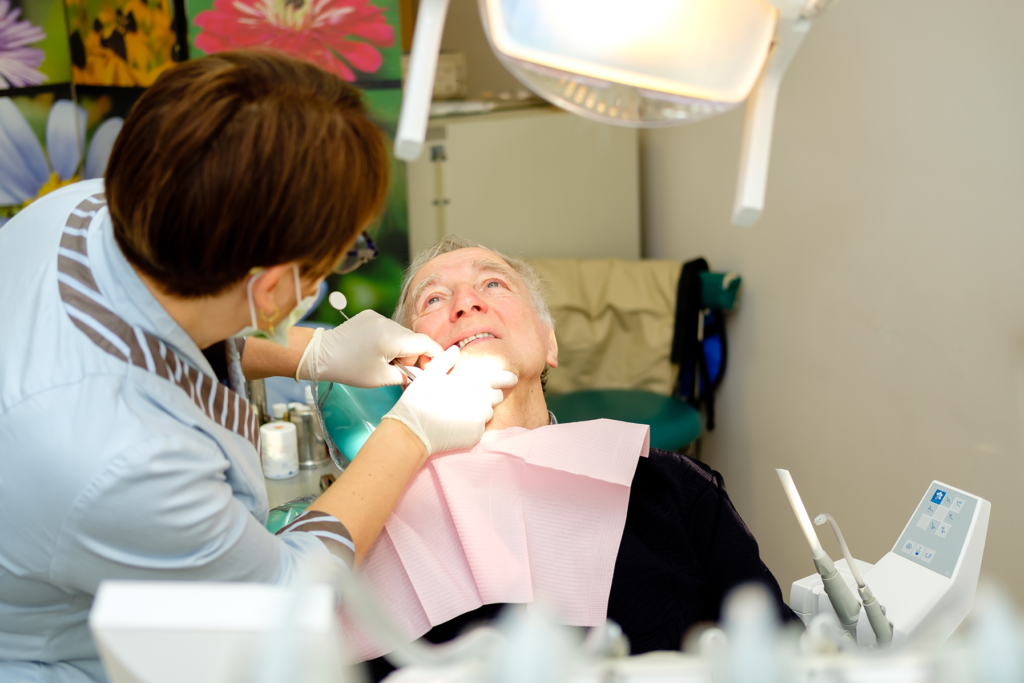
The SDBS would use the existing Child Dental benefits Schedule as the template for additional dental benefits assistance schemes for population groups with poor oral health and unmet dental treatment needs, including Commonwealth Seniors Card and Pensioner Concession Card holders.
Estimated to cost just $95m a year to administer based on a 100 per cent uptake, this figure is minimal in comparison to the overall health budget of $80bn a year.
Other urgent measures the ADA is advocating for to fix the broken system is the inclusion of oral care as one of the core units of the Certificate III Aged Care qualification, for clinical indicators for oral health to be included in Aged care Quality Standards and for oral health facility upgrades to be incorporated into the design of new aged care homes so dental professionals can treat more complex cases on site rather than in an off-site dental clinic with all the logistics and transport complexities that may bring.
To date, despite the SDBS being accepted by the Aged Care Commissioners, little progress has been made. The desperately needed interventions for better oral healthcare for seniors will not occur without direction from government so it is up to each and every one of us to use these special events and platforms to keep raising awareness and demanding change.
